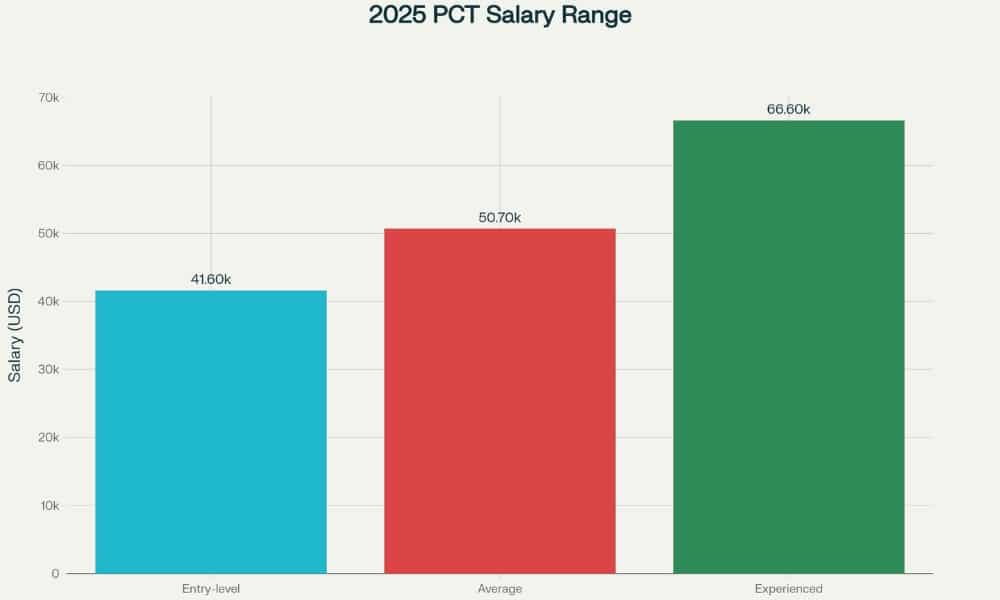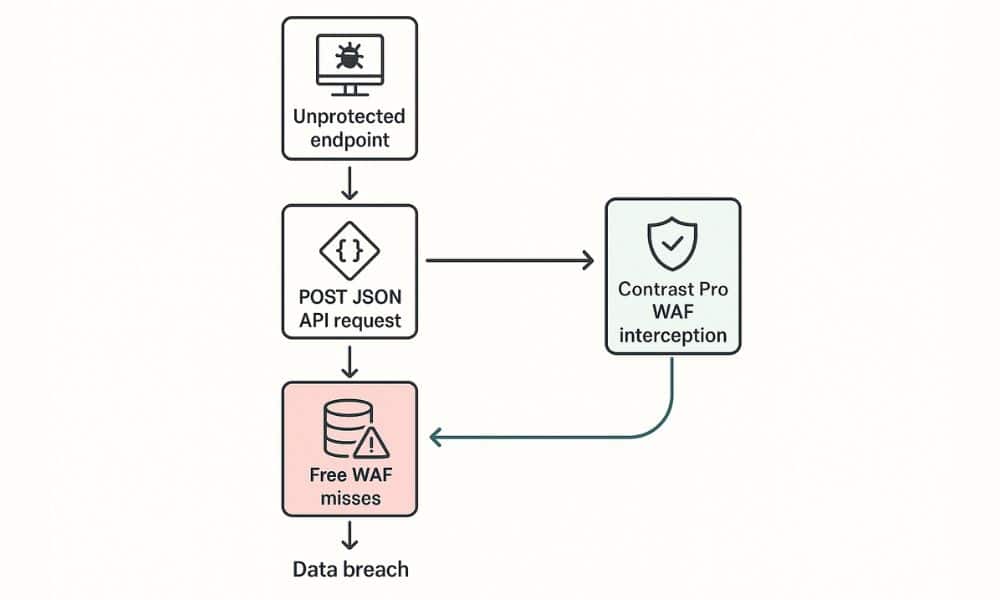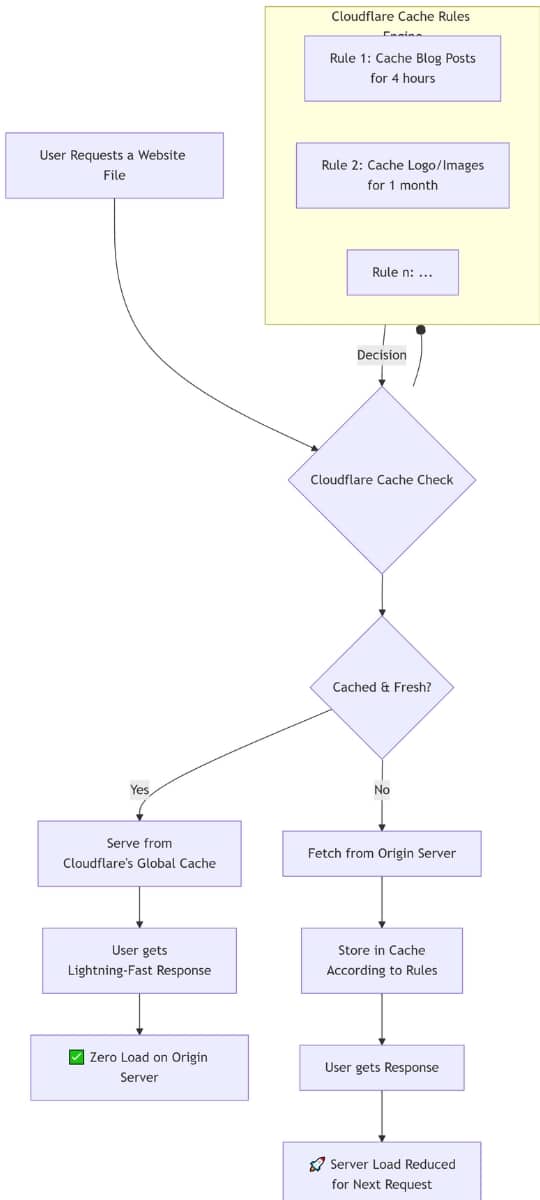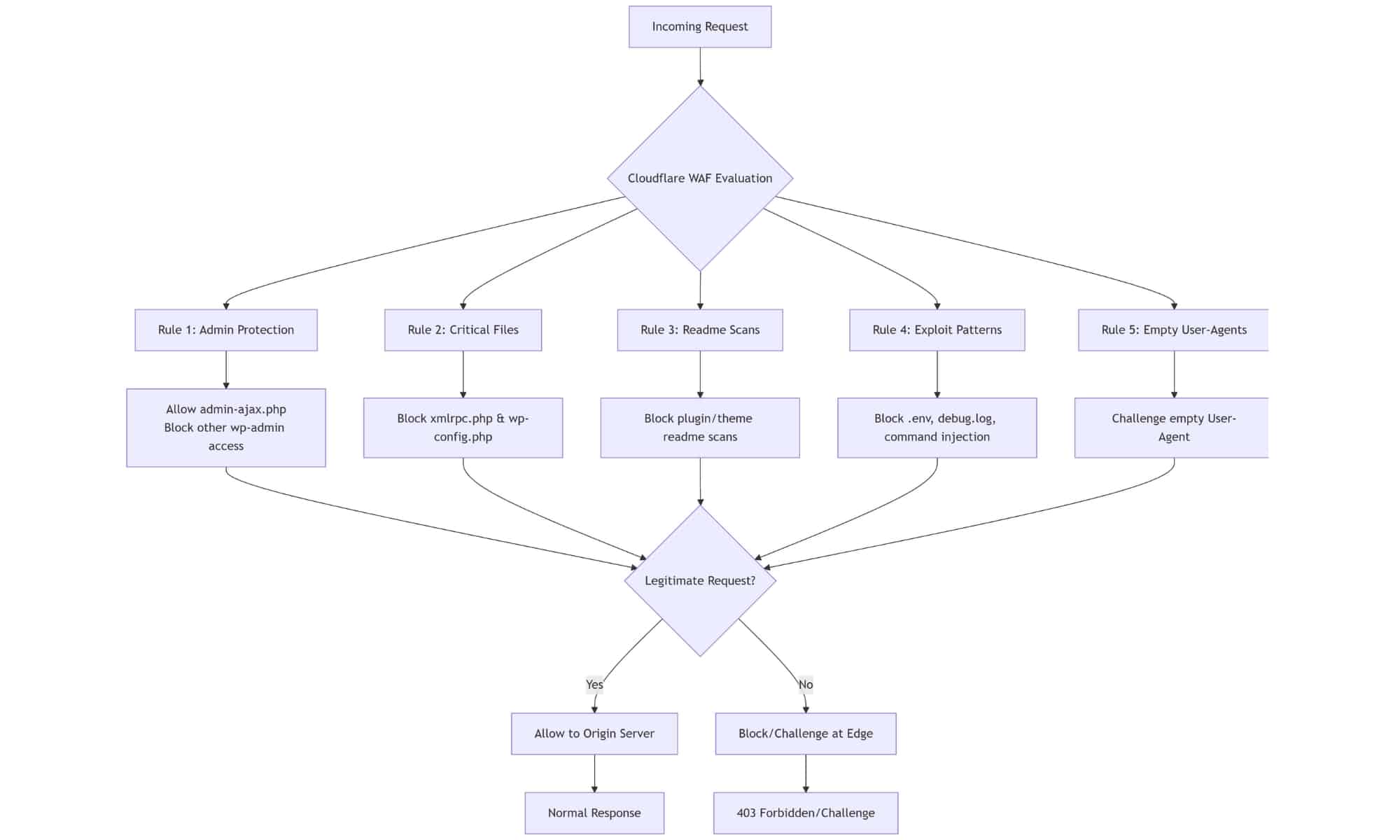
How much money can you expect to make as a Patient Care Technician? A lot of people who are thinking about working in healthcare ask this question, and the answer might surprise you. The salary for Patient Care Technicians has gone up a lot in the last few years. There are many ways to move up and specialise that can make your pay go up a lot.
In today’s healthcare, Patient Care Technicians are very important. They’re not just helping with basic patient care anymore; they’re also running complicated medical equipment, keeping track of electronic health records, and even helping with medicine services. This change means that you can make more money and have more chances than ever before.
Patient Care Technician Salary: What You Can Expect to Earn in 2025?
What is the real picture of a patient care technician’s salary?

Let’s get right to the numbers. Recent data from Velvet Jobs shows that the average salary for a Patient Care Technician is $50,700 per year. For entry-level jobs, that’s about $15.85 an hour, but experienced PCTs can make up to $20.80 an hour.
You could make anywhere from $41,600 to $66,600 a year, depending on your experience, where you live, and what you specialise in. These aren’t just random numbers; they show real chances in the healthcare market today.
1. Where you are Makes a Big Difference

The place you work has a big effect on how much money you make. Washington state is at the top with PCTs making $43,578 a year, and the District of Columbia is right behind with $43,479. In general, cities pay more than rural areas, even within the same state.
Here’s something that might interest you: Florida PCTs make an average of only $28,753 a year, which is almost $15,000 less than their Washington counterparts. This huge difference is due to the cost of living, but it also shows how where you live can affect how much money you make in your career.
2. Basic tech skills that make you more valuable
PCTs today need a lot more than just basic patient care skills. To do well in today’s healthcare field, you need to be good with technology. Electronic Health Records systems have changed the way we keep track of patient care, and PCTs who know how to use them make more money.
3. Mastering Electronic Health Records
It’s no longer optional to be good at using EHRs; it’s necessary. You can quickly look up patient histories, make changes to records in real time, and talk to the healthcare team without any problems with these digital systems. Think of EHR skills as your ticket to better-paying jobs in the tech world.
You will have to learn how to use different EHR systems, such as Epic, Cerner, and Medisoft. There are different interfaces and workflows for each system, but the basic ideas are the same across all of them. The most important thing is knowing how to enter data correctly while keeping patient information private according to HIPAA rules.
4. Technology for medical devices
PCTs use medical equipment that is getting more and more advanced. You need to know how to use digital blood pressure monitors, pulse oximeters, EKG machines, and infusion pumps. The great thing about learning these tech skills is that you can use them in different healthcare settings.
Think of it this way: learning how to use medical devices is like learning how to drive different kinds of cars. Once you know the basics, it’s much easier to get used to new tools. Employers like PCTs who can quickly learn new technologies and fix problems on their own.
5. Remote Monitoring and Telemedicine
This is when things get really interesting. Telemedicine has become very popular, opening up new job opportunities for tech-savvy PCTs. You could help patients set up virtual appointments, keep track of remote monitoring devices, or gather information for virtual care teams.

Because the skills are still pretty rare, this new field pays very well. People who are early adopters of telehealth technologies and become experts in them are often in high demand and get many job offers.
6. Choices for training and a career path

The best thing about PCT training is that You have options. Most programs only need a high school diploma to get started, so people from all walks of life can get into this field.
7. Training Programs That Get You Started Quickly
You can get certified in as little as 8 weeks with online programs. If you’re motivated and can learn on your own, these fast-paced courses are great. Most traditional classroom programs last 4 to 6 months and give students more hands-on experience with equipment and working with patients.
Community colleges offer longer programs (6–12 months) that teach more about health care. Some even offer associate degree programs that take 12 to 24 months but give you the best preparation. What is the best path for you? That depends on your schedule, how you learn best, and what you want to do with your career path.
8. Requirements for Certification
Getting a professional certification can greatly increase your earning potential. The National Healthcareer Association‘s Certified Patient Care Technician/Assistant (CPCT/A) is the best certification there is. A lot of employers want or need this certification, and it can add 5–15% to your salary.
The test for certification covers things like medical terms, how to care for patients, how to control infections, how to use electronic health records (EHRs), and basic lab skills. You’ll also need to get some hands-on training. Most programs require you to do clinical rotations in real healthcare settings before you can take the test.
9. Moving up in your career and focusing on one area
Do you want to know how to get the most money as a Patient Care Technician? Specialization. Generic PCTs make good money, but specialists make a lot more.

10. Dialysis Specialization
Dialysis PCTs make some of the most money in the field. PCTs at DaVita, one of the biggest dialysis providers, keep an eye on patients during treatments that last for several hours, run complex dialysis machines, and get to know patients who come in for treatment several times a week.
This specialisation needs more training, but the rewards are big. Dialysis PCTs make between $50,000 and $65,000 a year, which is a lot more than most other patient care jobs. The work is hard on the brain but good for the heart because you literally help keep people alive.
11. Emergency Medicine and Critical Care
PCTs who work in hospitals, especially in intensive care units or emergency departments, get paid more because they have special skills. In these fast-paced places, you need to be able to think quickly, use advanced technology, and deal with a lot of stress.
PCTs in the emergency room help with trauma cases, run specialized monitoring equipment, and help with procedures that save lives. Because of how hard this work is, it pays more, but not everyone can do it. To be successful, you’ll need to be able to handle your emotions and have great technical skills.
12.. Programs for Career Bridge
A lot of PCTs use their work as a way to move up in the healthcare field. Most Licensed Practical Nurse (LPN) programs add 12 to 18 months of training, but they can also raise your salary by $10,000 to $15,000 a year. Registered Nurse (RN) programs require more schooling, but they also pay more.
Having a PCT background gives you a big edge in nursing school. You already know a lot about healthcare settings, how to care for patients, and medical terms. This hands-on experience often helps you do better in advanced training programs.
13. Job Growth and Market Demand

The Bureau of Labor Statistics says that PCT jobs will grow by 16% between now and 2031. This is good news. That’s more than twice the average growth rate for all jobs, which shows that there is a strong demand for skilled PCTs.
There are a number of things that are making this growth happen. As the population of the United States gets older, they need more healthcare services. Healthcare organisations are growing to meet this need. As healthcare continues to digitize its operations and use new medical technologies, having tech skills becomes more and more important.
14. Opportunities in Different Places
Job growth isn’t happening at the same rate all over the country. Because of population growth and expanding healthcare systems, states like Texas, California, and Florida are quickly adding healthcare jobs. To get qualified PCTs to work in rural areas, they often offer hiring bonuses and competitive salaries.
Think about this: even though big cities pay more, smaller towns might be better overall when you think about the cost of living, the time it takes to get to work, and the quality of life. The key is researching total compensation packages, not just base salary figures.
15. Getting the most out of your earning potential
Are you ready to get the most out of your Patient Care Technician salary? Start by learning technology skills that are in high demand. People who are good at EHRs, medical devices, and telemedicine all get paid a lot. But don’t stop there; get more certifications that are related to your career goals.
Career and Training Planning a path takes strategy. If you want to work in dialysis, look for programs that teach nephrology. Are you interested in emergency medicine? Look for programs that work with hospitals and have rotations in emergency care.
Talk to people who work in your target areas of healthcare. Go to industry conferences, join professional groups, and get to know nurses and doctors who can help you with your career and give you advice. These connections can often help you get a job or move up in your career.
The healthcare field values people who keep learning. Stay up to date on new technologies, keep learning, and show that you are committed to growing as a professional. Employers like PCTs who take the initiative to learn new skills and often give them promotions and more work to do.

Do you remember Sarah? She worked at a small clinic and made $15 an hour when she first started. She got EHR certification, learned how to do phlebotomy, and then focused on cardiac monitoring. Three years later, she makes $22 an hour in a hospital system that offers great benefits and chances to move up. What is her secret? She never stopped learning and always looked for new challenges.
People who are willing to put in the time and effort to get the right training and skills can find great job opportunities in the Patient Care Technician salary field. PCTs have both financial stability and the chance to move up in their careers. Starting salaries are around $32,000, and specialists can make $60,000 or more. There are also strong job growth projections.
To be successful, you need to be committed to continuing your education, especially in healthcare technology skills and specialised patient care techniques. By strategically developing your abilities, pursuing relevant certifications, and choosing the right work environments, you can build a rewarding career with competitive compensation while making a meaningful difference in patients’ lives during their most vulnerable moments.
Summary
As a Patient Care Technician you can expect to earn anywhere from around $32,000 in entry‐level roles to more than $60,000 once you’ve gained experience and specialised skills. Those numbers reflect real opportunities—PCTs now operate advanced equipment, manage electronic health records, and support telemedicine services, which drives salaries higher. Location, certifications like the CPCT/A, and in‐demand technology skills are the biggest pay boosters, and specialised roles in dialysis or critical care can command even more. With job growth projected at 16% through 2031, investing in targeted training, earning key credentials, and sharpening your tech expertise will not only maximise your income but also position you for a stable, rewarding career where you make a real difference in patient care.
Source@techsaa: Read more at: Technology Week Blog


